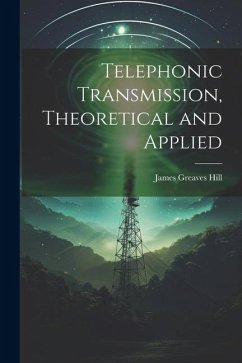
Leapfrogging Development?
The Political Economy of Telecommunications Restructuring
Versandkostenfrei!
Versandfertig in über 4 Wochen
35,99 €
inkl. MwSt.

PAYBACK Punkte
18 °P sammeln!
Telecommunications restructurings are now seen as important barometers in the shift among developing countries toward market-based economies. They are often posited as helping developing countries "leapfrog, " or accelerate their pace of development, and "connect' with the world economy. This book shows, that most states in developing countries are unable to resolve the myriad pressures they face in restructuring important sectors like telecommunications to effect accelerated or "leapfrogging" development. The scope, pace, and sequencing of restructuring varies according to how different types...
Telecommunications restructurings are now seen as important barometers in the shift among developing countries toward market-based economies. They are often posited as helping developing countries "leapfrog, " or accelerate their pace of development, and "connect' with the world economy. This book shows, that most states in developing countries are unable to resolve the myriad pressures they face in restructuring important sectors like telecommunications to effect accelerated or "leapfrogging" development. The scope, pace, and sequencing of restructuring varies according to how different types of states respond to micro-subsectoral pressures or to macro-level pressures from coalitions of groups. After examining seven generalizable cases (Singapore, South Korea, Mexico, Malaysia, China, Brazil, Myanmar), the book examines India as an in-depth "most likely case." LeapFrogging Development? proposes a unique framework that shows how groups and coalitions articulate development preferences and how different types of states respond to or shape these preferences.












